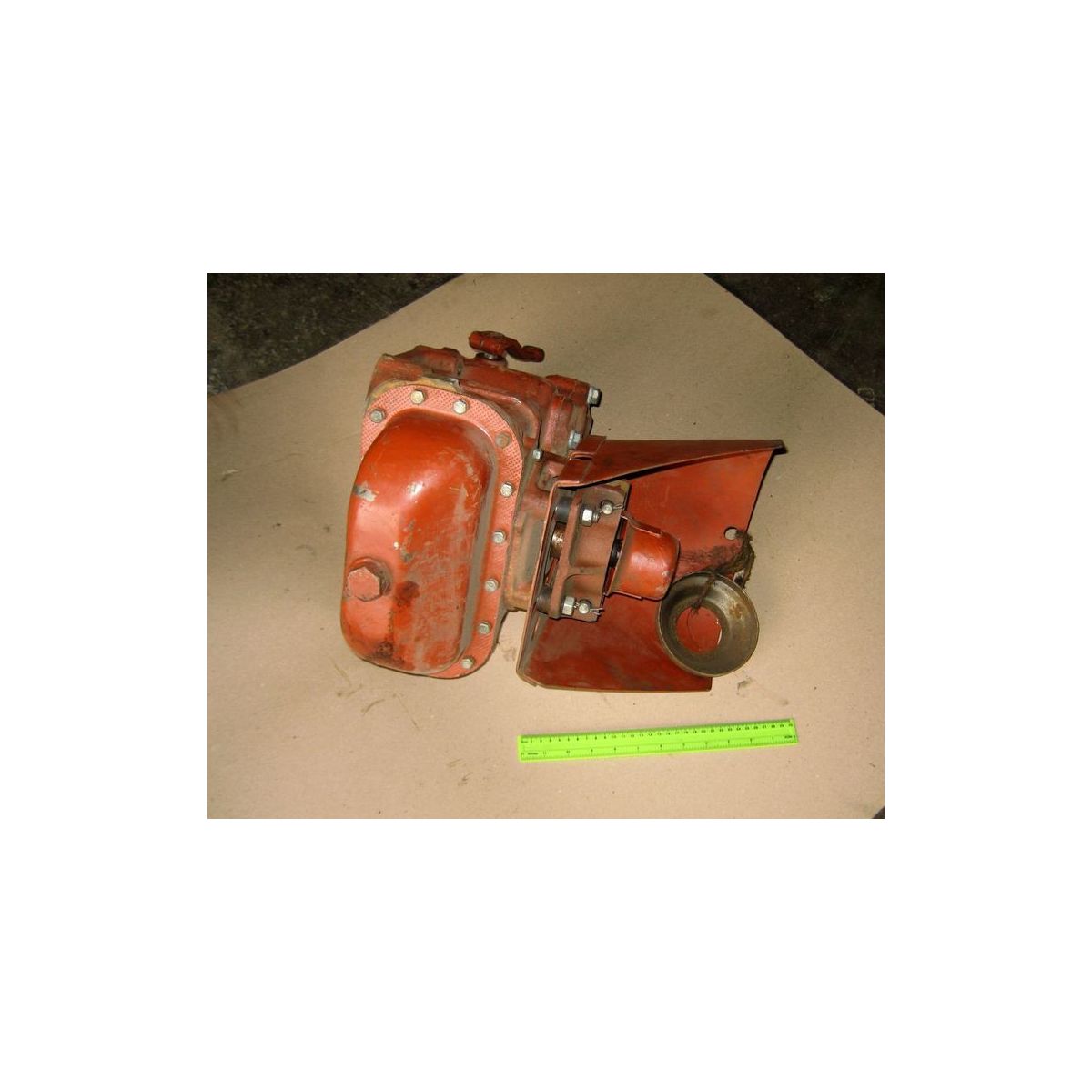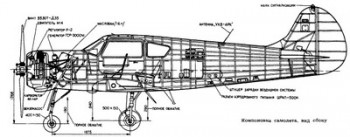Revers Reduktor Muravej
Emblema su remu,5eur. Trabant 12eur. Muravej 9eur.Nysa 9eur. Motociklo,Voschod 10eur Sunkvezimio,Maz 10eur.
Staff Menahem Milson Nimrod Raphaeli Mirza A. Baig Mansour Al-Hadj Tufail Ahmad Website The Middle East Media Research Institute ( MEMRI) is a press monitoring and analysis organization with headquarters in MEMRI publishes and distributes free English language translations of Arabic, Persian, Urdu, Pashto, and Turkish media reports. MEMRI states that its goal is to 'bridge the language gap between the Middle East and the West.'
It has been praised as an 'invaluable' resource and for helping to 'shine a spotlight on hate speech wherever it appears'. Critics charge that despite portraying itself as neutral, it aims to portray the Arab and Muslim world in a negative light through the production and dissemination of incomplete translations and by selectively translating views of extremists while deemphasizing or ignoring mainstream opinions. Contents • • • • • • • • • • • • • • • • History The institute was co-founded in 1998 by, a former officer and, an. Objectives and projects The organization indirectly gained public prominence as a source of news and analysis about the Muslim world, following the September 11 attacks and the subsequent by the Bush administration. According to MEMRI, its translations and reports are distributed to 'congresspersons, congressional staff, policy makers, journalists, academics, and interested parties'. Roum ru najti cheloveka po nomeru telefona.
According to PRA, MEMRI's translated articles and its commentary are routinely cited in national media outlets in the United States, including,, and, while analyses by MEMRI staff and officers are frequently published by right-wing and media outlets such as,,, and the. PRA writes that both critics and supporters of MEMRI note its increasing influence in shaping perceptions of the Middle East.

It has maintained longstanding relations with law enforcement agencies.  Concerning this change in their 'mission statement,' (PRA), which studies the US, notes that it occurred three weeks after the, and considers MEMRI 'was previously more forthcoming about its political orientation in its self-description and in staff profiles on its website'. PRA considers that 'MEMRI's slogan, 'Bridging the Language Gap Between the Middle East and the West,' does not convey the institute's stridently pro-Israel and political bias.' It further notes, that MEMRI's founders, Wurmser and Carmon, 'are both hardline pro-Israel ideologues aligned with Israel's party'. Carmon, in a public letter to Juan Cole that included a threat with a lawsuit over his comments on MEMRI, stated that he has never been affiliated with Likud.
Concerning this change in their 'mission statement,' (PRA), which studies the US, notes that it occurred three weeks after the, and considers MEMRI 'was previously more forthcoming about its political orientation in its self-description and in staff profiles on its website'. PRA considers that 'MEMRI's slogan, 'Bridging the Language Gap Between the Middle East and the West,' does not convey the institute's stridently pro-Israel and political bias.' It further notes, that MEMRI's founders, Wurmser and Carmon, 'are both hardline pro-Israel ideologues aligned with Israel's party'. Carmon, in a public letter to Juan Cole that included a threat with a lawsuit over his comments on MEMRI, stated that he has never been affiliated with Likud.
Cole answered that he hadn't alleged that, but that MEMRI would campaign for Likud goals such as the rejection of the Oslo peace process. In 2012, reported that Israeli intelligence agencies have reduced their monitoring the Palestinian media with MEMRI and now providing the Israeli government with coverage of 'anti-Israel incitement' in social media, blogs and other online sources. The Prime Minister's Bureau has stated that before the government cites information provided by the two sources, the source of the material and its credibility is confirmed.
Projects MEMRI's work is organized into projects, each with a specific focus. The main subjects the organization addresses are and; relations between the U.S. And Middle East; pro-democracy and pro-civil rights views; inter-Arab relations;. The Reform Project, according to MEMRI, focuses on monitoring, translating, and amplifying media from Muslim figures and movements with progressive viewpoints in the Arab and Muslim world. The project also aims to provide a platform for those sources to expand their reach.
MEMRI has stated that this is the organization's flagship project. The MEMRI Lantos Archives on anti-Semitism and Holocaust Denial, a joint project with the Lantos Foundation for Human Rights and Justice launched in 2009, is a repository of translated and material on anti-Semitism. The project is sponsored by the. Through its translations and research, the project aims to document anti-Semitic trends in the Middle East and South Asia. The project provides policymakers with translations and footage of anti-Semitic comments made by media personalities, academics, and government and religious leaders. MEMRI holds an annual gathering through the project, and publishes an annual report on.
The archives were named for, the only survivor to serve in. Arab and television programming is monitored, translated, and analyzed through the MEMRI TV Monitoring Project. Established in 2004, the project's translated video clips are available to the media and general public. Activity by terrorist and violent extremist organizations is tracked through the Jihad and Terrorism Threat Monitor (JTTM).